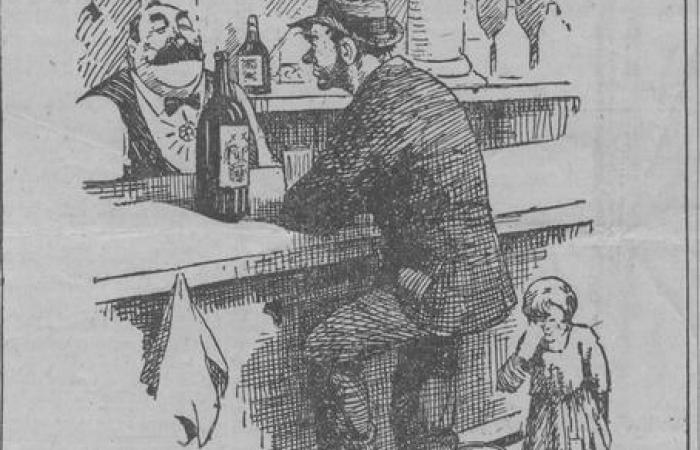
The Rhetorical Prehistory of the New Deal
What is the New Deal? During the election of 1932, Americans did not know what it was, but they knew that they wanted whatever it was. Dr. James Kimble’s research is on the history of this term from the time Franklin Delano Roosevelt first spoke it in the summer of 1932 to when he took office in March of 1933. Throughout the campaign season, FDR never defined what the “New Deal” meant and let the voters decide what it meant for themselves. One of the main ways he accomplished this was by reaching out to the electorate through the still new technology of radio, where he proved to be an effective communicator. At the same time, Chairman of the DNC, John J. Raskob and prior supporter of Democratic candidate for the presidency Alfred Smith, became a critic of FDR and the New Deal. Kimble’s research traces the origins of the term New Deal and Raskob’s evolving criticism of it and FDR.
Dr. Kimble is a Professor of Communication and Arts at Seton Hall University and is a historian of domestic propaganda with an interest in FDR’s presidency. While at Hagley he used the Ernest Dichter who collected listenership data for FDR’s radio addresses and John J. Raskob papers for his evolving views on FDR and the Democratic party. His forthcoming book on this project will be published in 2025 or 2026.
Dr. Kimble received support from the Center for the History of Business, Technology, & Society at the Hagley Museum & Library.
The audio only version of this program is available on our website.
